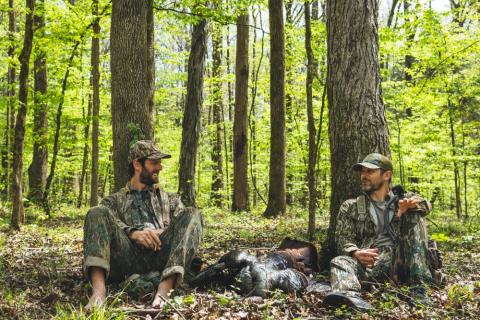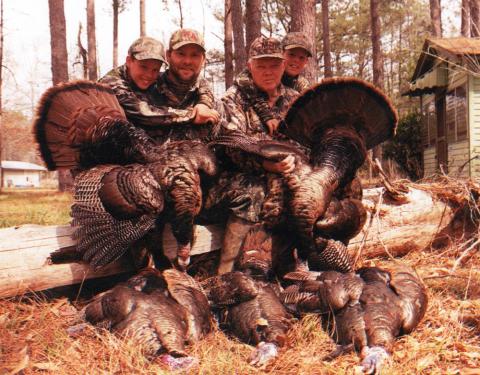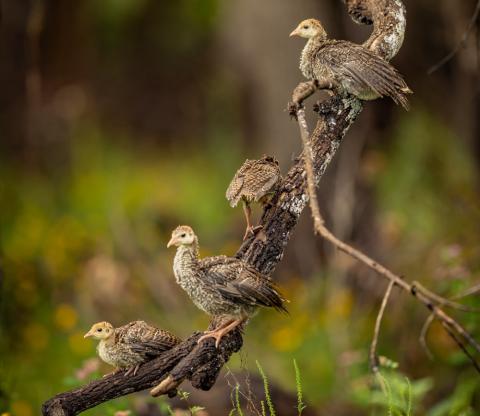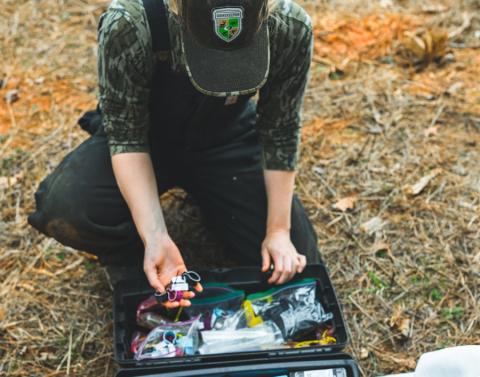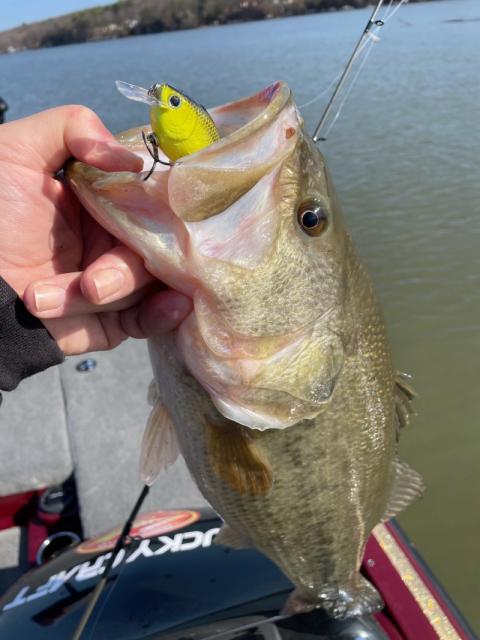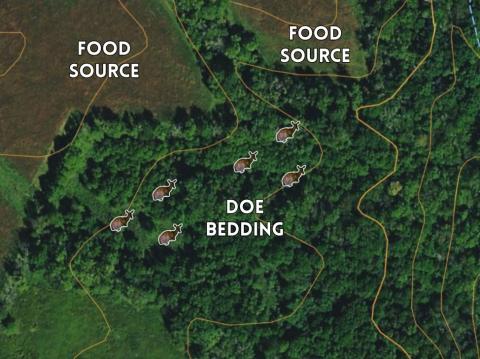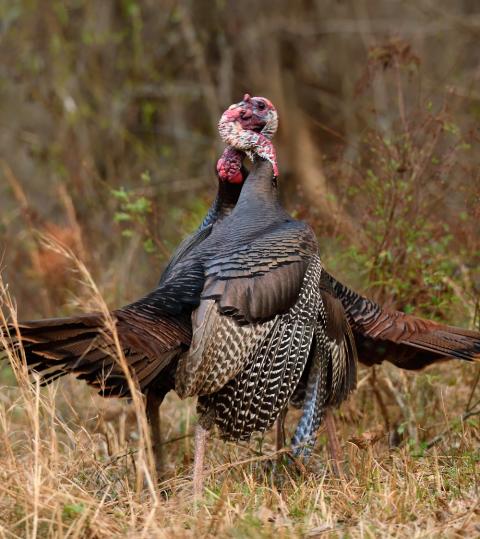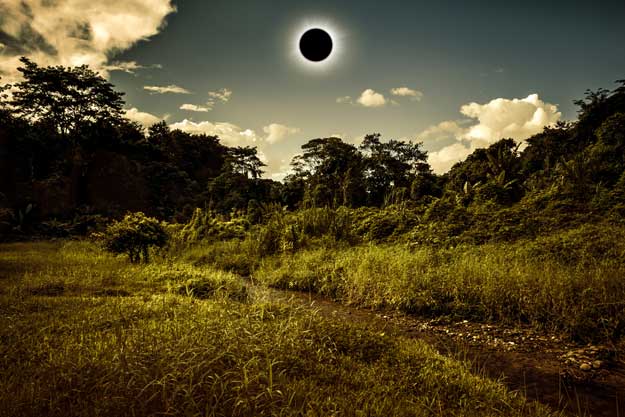
August 21, 2017 has the whole country abuzz. The Great American Total Solar Eclipse has teachers rearranging lesson plans, preppers prepping, photographers upgrading and Space.com reaching record pageviews.
While anticipation is building for humans, prompting unseen behavior for a typical Monday in America, how will this climactic event affect every other life force? Mossy Oak talked with Dr. Bronson Strickland, professor of wildlife management at Mississippi State University, to find out his prediction on how the total solar eclipse will affect different animal classes across the country.
Mossy Oak: What effect do you predict a total solar eclipse will have on wildlife?
When it comes to an eclipse, it’s going to be a couple of hours from the beginning of the partial eclipse to the end. And to that point, the total eclipse (when the moon is completely covering the sun) will only last a couple of minutes. So, for a brief moment of time, it will appear as if we are going into dusk, then almost dark, and then we will be back into a dawn-like period for a few minutes only to be completely out of it shortly thereafter.
Most animals, at least the animals I study (typically game animals and primarily deer), on an annual scale, are governed in their day-to-day lives by what we call photoperiod. Photoperiod is the ratio of sunlight to darkness the animal experiences each day. That sets all of the annual hormonal changes that happen. So, with bucks, photoperiod will dictate the progression of their antler cycle over a year’s time. Photoperiod will dictate stages such as when their velvet antlers will start to harden. That happens when their testosterone rises, which again, is triggered by photoperiod. Photoperiod also dictates when a specific doe will come into estrous. So, on an annual scale, the ratio of daylight to darkness is very important when it comes to predicting the various stages a deer will experience. I have been a part of studies that would prove this to be true time and time again.
Based off of what I have studied as it relates to deer, I don’t predict any abnormal behavior as it relates to the day-to-day cycle of a deer. If the eclipse were to last substantially longer, then animals may reveal much more abnormal behavior. But I don’t expect much difference than what we would see on any other day. And, I especially don’t expect the eclipse to have any type of long-term effect on the life cycle of deer.
Mossy Oak: Will a total solar eclipse affect one class of animals more than the other?
I think if any animal class will be affected more than others, it will be birds, especially bird species that don’t travel relatively far from their roost. I don’t think species such as turkey or cranes will be affected by Monday’s event. If anything, you may see them track towards the direction of their roost, but only for a very short period of time. I do think you might see some bats come out, but I don’t think you will see any abnormal behavior in livestock and most mammals.
Mossy Oak: How do the predications of other people/organizations compare to your predictions when it relates to how a total solar eclipse will affect animal behavior?
Currently, to my knowledge, there is no credible information or studies performed that would back some of the claims scientific organizations are making, regarding the impact a total solar eclipse will have on animals. There isn’t any notable data with any short-term, or long-term impact that would lead me to agree with most of the claims I have read or heard. Everyone is relying on verbal or written accounts of different experiences various people have had with past eclipses. Nothing I have seen has been backed by any type of methodical study or strategic analysis. All of the claims I have seen are people speculating what they think could happen based off of the minimal information they have from the past.
If you were anticipating unusual animal activity as a result of the Great American Total Solar Eclipse, breathe easy. The total eclipse will only last a few minutes, which is not enough time to change the animals’ usual cycles. But if you’re sharing your eclipse glasses and have a minute to look around, see how animals react to the eclipse. You might have a new tale to tell.
*Mossy Oak would like to thank Dr. Bronson Strickland and the Mississippi State University Forest and Wildlife Research Center for contributing time and knowledge to this discussion.
















